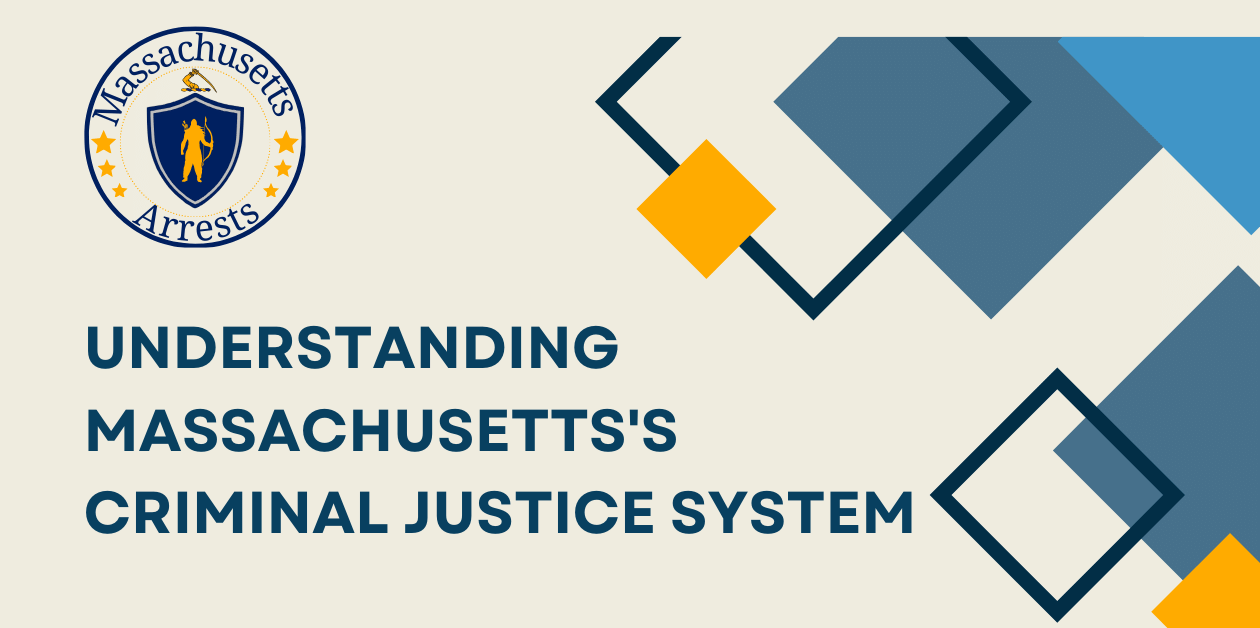Understanding Massachusetts’s Criminal Justice System
Welcome to an in-depth exploration of Massachusetts’s Criminal Justice System. As one of the oldest states in the United States, Massachusetts has a rich and complex history when it comes to law enforcement, crime prevention, and the administration of justice. From the bustling streets of Boston to the serene towns of Cape Cod, the state’s criminal justice system plays a crucial role in maintaining peace and order.
Throughout this comprehensive guide, we will delve into the intricacies of Massachusetts’s Criminal Justice System, shedding light on its key components, processes, and policies. Whether you are a law student, a concerned citizen, or simply curious about the inner workings of the justice system, this resource will equip you with a solid understanding of how Massachusetts handles crime and punishment.
The Role of Law Enforcement
Law enforcement agencies in Massachusetts are responsible for maintaining public safety and upholding the law. The police departments across the state work tirelessly to prevent and investigate crimes, ensuring that communities remain secure.
Crime Prevention Strategies
Massachusetts employs various crime prevention strategies to proactively address criminal activities. Community policing initiatives, neighborhood watch programs, and educational campaigns play a vital role in promoting a safe and secure environment for residents.
The Criminal Justice Process
When a crime is committed, the criminal justice system in Massachusetts steps into action to ensure justice is served. From the initial arrest to the final resolution, each step in the process is meticulously designed to safeguard the rights of both the accused and the victims.
Investigation and Prosecution
Law enforcement agencies conduct thorough investigations to gather evidence, identify suspects, and build strong cases. Prosecutors then review the evidence and determine whether to proceed with criminal charges. The goal is to ensure that the guilty are held accountable while protecting the innocent.
Court System and Trials
The Massachusetts court system is responsible for overseeing criminal trials and ensuring fair and impartial proceedings. Judges, defense attorneys, and prosecutors work together to present evidence, examine witnesses, and ultimately determine the guilt or innocence of the accused.
Sentencing and Rehabilitation
Once a person is found guilty, the court imposes a suitable punishment based on the severity of the crime and the individual’s criminal history. Massachusetts prioritizes rehabilitation, offering programs and resources to help offenders reintegrate into society and reduce the likelihood of reoffending.
Victim Support Services
Throughout the criminal justice process, Massachusetts provides support services for victims. These services include counseling, legal assistance, and access to resources that aid in their recovery and help them navigate the complexities of the system.
Continual Evaluation and Improvement
The Massachusetts criminal justice system recognizes the need for continuous evaluation and improvement. Policies, procedures, and practices are regularly reviewed to ensure they align with evolving societal needs and adhere to the principles of fairness and justice.
By delving into the intricacies of Massachusetts’s Criminal Justice System, this comprehensive guide aims to provide a solid understanding of how the state handles crime and punishment. Whether you are a law student, a concerned citizen, or simply curious about the inner workings of the justice system, this resource equips you with the knowledge to navigate the complex landscape of Massachusetts’s criminal justice system.
FAQs
What is the Massachusetts Criminal Justice System?
The Massachusetts Criminal Justice System is a comprehensive framework that encompasses all the laws, procedures, and institutions involved in the detection, apprehension, prosecution, and punishment of individuals accused or convicted of criminal offenses in the state of Massachusetts.
How does the Massachusetts Criminal Justice System work?
The Massachusetts Criminal Justice System operates through a series of steps, including the initial police investigation, arrest, booking, court hearings, trial, and potential sentencing. Each stage involves specific procedures and legal requirements to ensure fairness and justice.
What are the key components of the Massachusetts Criminal Justice System?
The key components of the Massachusetts Criminal Justice System include law enforcement agencies, such as police departments and state troopers, the judiciary system with its courts and judges, prosecutors, defense attorneys, correctional institutions, probation and parole officers, and various support services.
What is the role of law enforcement in the Massachusetts Criminal Justice System?
Law enforcement agencies in Massachusetts, including the police and state troopers, are responsible for enforcing laws, conducting investigations, making arrests, and gathering evidence. They play a crucial role in maintaining public safety and initiating the criminal justice process.
How can someone navigate the Massachusetts Criminal Justice System?
Navigating the Massachusetts Criminal Justice System can be complex and challenging. It is advisable to seek legal representation from a qualified attorney who can guide you through the various stages and help you understand your rights, obligations, and options within the system.
Where can I find more information about the Massachusetts Criminal Justice System?
For more information about the Massachusetts Criminal Justice System, you can visit the official website of the Massachusetts Courts or consult legal resources, such as books, articles, or online databases that provide comprehensive insights into the state’s criminal justice processes and laws.







